Oil not a worry in 2024
A well-supplied oil market, along with new investments in oil exploration and production means that pending a major disaster, India will not have to worry about oil prices in the coming year.
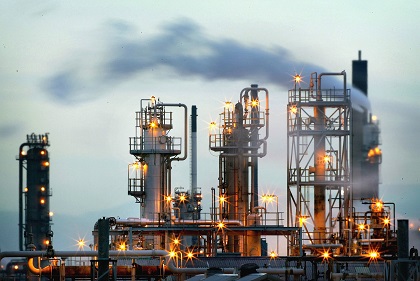 Courtesy: CNBC
Courtesy: CNBC
A well-supplied oil market, along with new investments in oil exploration and production means that pending a major disaster, India will not have to worry about oil prices in the coming year.
 Courtesy: Revolutionary Communist Group
Courtesy: Revolutionary Communist Group
Venezuela's claim to the Essequibo region of neighbouring Guyana has focused world attention on yet another colonial-era border dispute. With elections coming up, the declining Venezuelan economy laying claim to newly-discovered rich oil and mineral deposits in Guyana has some traction. For Guyana, the claim to its land is non-negotiable as this developing country looks forward to accessing its own wealth. Purvi Patel, Visiting Fellow at Gateway House and Latin America expert, offers her insight.
India is the world's third largest importer of oil after China and the U.S. and a major player providing demand security for oil exporters. The technological changes and geopolitical shifts in the oil economy from the West to the East, highlights India's position as a valuable partner in renewable energy, and oil security and production. The book explores the various elements of India's dependence on imported oil, and how it can turn to an advantage. This excerpt analyses the alternatives to the current West-dominated oil markets and industry that are available to India as a leading consumer.
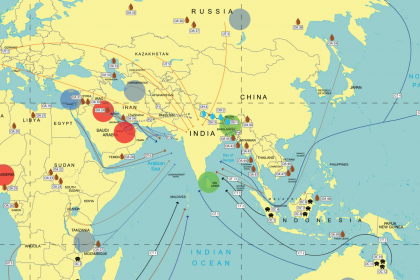 Courtesy: Gateway House
Courtesy: Gateway House
India has benefited from three years of low petroleum prices. The tide is now turning, with oil moving from a benign $50 to $70 a barrel. This is a good time for it to start using financial instruments and asset purchases, as other countries do, to protect itself against further price rises
 Courtesy: Flickr
Courtesy: Flickr
Prince Salman’s accession to the throne after the death of Saudi King Abdullah on 23 January 2015 has been a game changer, both domestically and in West Asian politics. Within days, he sidelined rivals within the House of Saud, and took on Iran with a confrontational policy. But two years later, the results of his new strategy disappoint
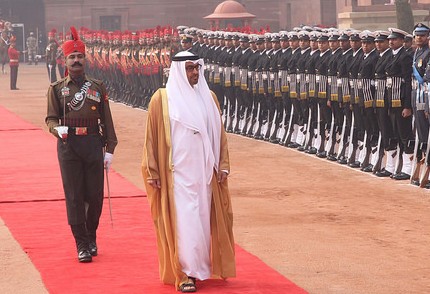 Courtesy: MEA/Flickr
Courtesy: MEA/Flickr
The West Asian monarchies are being forced to ‘look East’ due to a range of factors: the rise of the Islamic State, their need to boost falling oil revenues and doubts about the United States continuing to remain a guarantor of regional stability. Quite coterminously, India is looking towards the Gulf for energy security besides fulfilling other geostrategic goals: this is an ‘East’ and ‘West’ where the ‘twain will meet
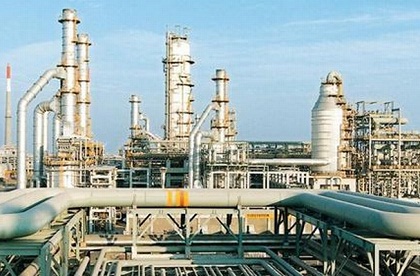 Courtesy: bdnews24
Courtesy: bdnews24
India imports 80% of its oil and 80% of the imports are from vulnerable regions. This high-cost, high-risk approach is not sustainable, and the current low price of oil offers India an opportunity to secure its long-term energy needs by taking three concurrent steps: diversifying supply sources, investing in oil fields, and using financial instruments
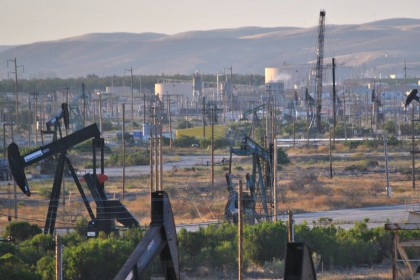 Courtesy: Wikipedia
Courtesy: Wikipedia
The Indian oil industry is changing. The recent bidding for Discovered Small Fields saw the emergence of small, independent oil explorers in a country that has been dominated by state-owned companies and only a few private sector firms
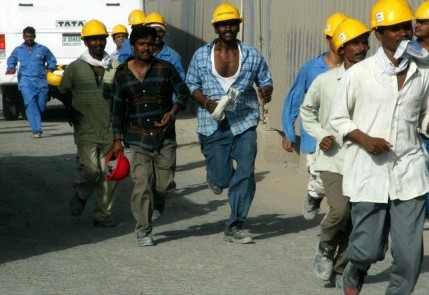 Courtesy:
Courtesy:
The jobs of 6.5 million Indians working in GCC countries could be at risk due to the fall in global oil prices. Securing the interests of these workers should be on Prime Minister Modi’s agenda when he visits UAE on August 16-17
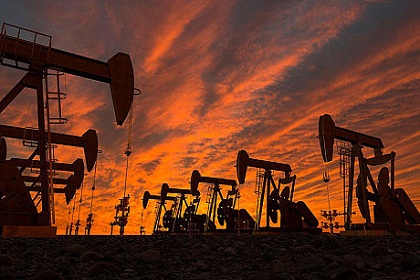 Courtesy: Alamy
Courtesy: Alamy
UK may be on its way to becoming a petro state, again, on back of an oil discovery that may be a whopping 100 billion barrels. The world is awash with cheap energy, and Indian companies need to seize the opportunity to acquire upstream energy assets.